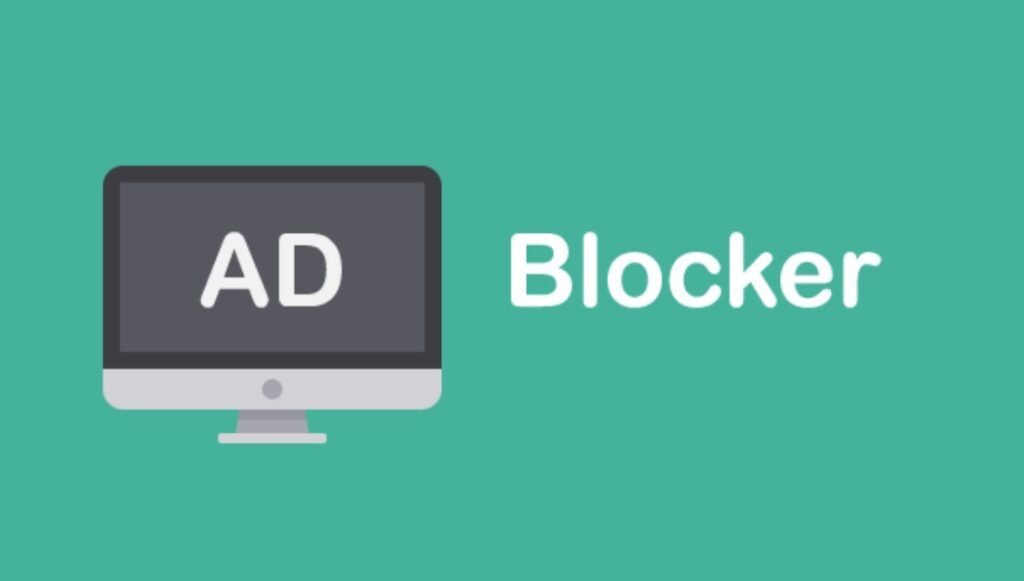YouTube users have been complaining about slow loading times and buffering issues on the video platform for the past week. Many suspected that Google was deliberately slowing down YouTube for users who have ad blockers enabled, as part of its ongoing efforts to combat ad blocking. However, Google has denied any involvement in the YouTube slowdowns and said that the problem is unrelated to its ad blocker detection efforts.
According to Google, the recent reports of users experiencing loading delays on YouTube are not caused by its ad blocker detection efforts. The company said in a statement to Android Central: “Recent reports of users experiencing loading delays on YouTube are unrelated to our ad blocker detection efforts. Our help center offers troubleshooting tips for users experiencing issues.”

The statement suggests that the YouTube slowdowns are not intentional, but rather a result of some technical issues that users can resolve by following some troubleshooting steps. Some of the steps include clearing the browser cache and cookies, updating the browser and the operating system, disabling extensions and plugins, and checking the internet connection and speed.
However, some users have reported that none of the troubleshooting steps worked for them, and that the only way to fix the YouTube slowdowns was to disable their ad blockers. This has led some to believe that Google is lying about the cause of the problem and that it is indeed trying to discourage users from using ad blockers on YouTube.
How are ad blockers related to the YouTube slowdowns?
Ad blockers are software tools that block or remove ads from websites and apps. They are popular among internet users who want to avoid annoying, intrusive, or malicious ads that can affect their browsing experience, privacy, or security. However, ad blockers also pose a threat to the online advertising industry, which relies on ads to generate revenue and fund content creation.
YouTube, as one of the largest and most popular online video platforms, is heavily dependent on advertising revenue to sustain its business and pay its content creators. YouTube has been trying to find ways to balance the interests of its users, advertisers, and creators, by offering various options such as YouTube Premium, YouTube Music, YouTube TV, and YouTube Shorts. However, these options are not widely adopted by all users, and many still prefer to use ad blockers to access YouTube for free.
Google, as the owner of YouTube and the dominant player in the online advertising market, has been trying to combat ad blocking by implementing various measures, such as blocking ad blockers on Chrome, launching the Better Ads Standards, and introducing the Funding Choices program. These measures are aimed at improving the quality and relevance of online ads, and encouraging users to whitelist or pay for the websites and apps they use.
However, some users have reported that Google has also been using more aggressive tactics to detect and disable ad blockers on YouTube, such as inserting hidden ads, changing the video player code, and sending fake requests. These tactics can cause performance issues, such as slow loading, buffering, stuttering, and crashing, for users who have ad blockers enabled on YouTube.
What are the latest updates on the YouTube slowdowns?
The latest YouTube slowdowns seem to be related to the recent updates of two popular ad blockers, AdBlock and AdBlock Plus. Both ad blockers have updated their extension engine to version 1.1.1, which introduced a performance regression that affected YouTube and other websites. The performance regression was caused by a change in how content filters are updated via the history.pushState() event, when single page apps navigate using the browser’s history API.
The developers of AdBlock and AdBlock Plus have acknowledged the issue and have released a fix with the latest version 1.1.2 of their extension engine, where the breaking change has been reverted. Users who are experiencing YouTube slowdowns with AdBlock or AdBlock Plus are advised to update their extensions to the latest version and restart their browsers. Alternatively, they can also switch to another ad blocker, such as uBlock Origin, which did not have the same issue.
The YouTube slowdowns are not the first time that ad blockers have caused problems for users. In the past, ad blockers have also been found to have security vulnerabilities, privacy issues, and ethical dilemmas. Ad blockers can also affect the quality and availability of the content that users enjoy, as they deprive the content creators and providers of their deserved revenue. Therefore, users who use ad blockers should be aware of the potential risks and trade-offs, and consider supporting the websites and apps they use by whitelisting them, paying for them, or donating to them.
